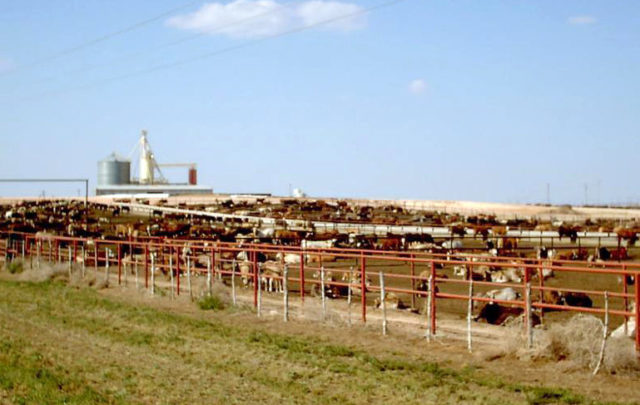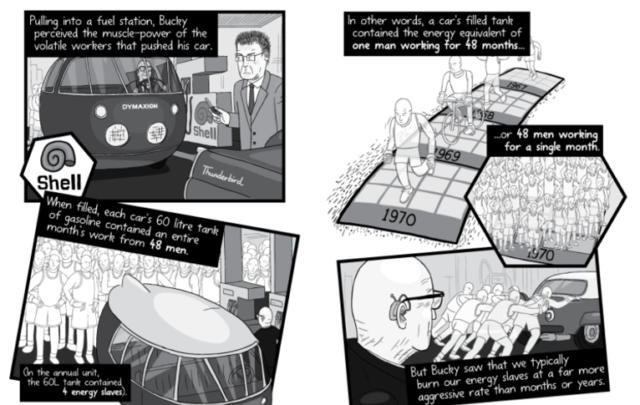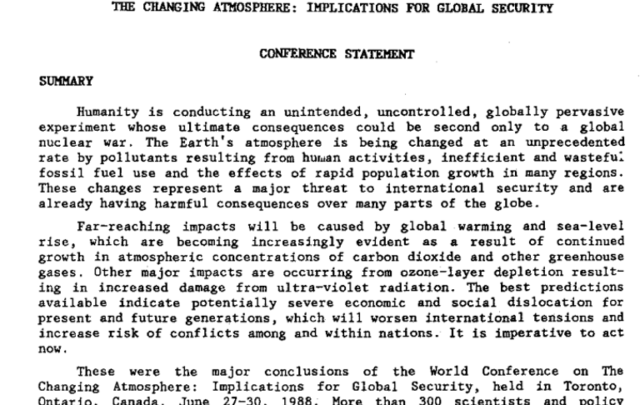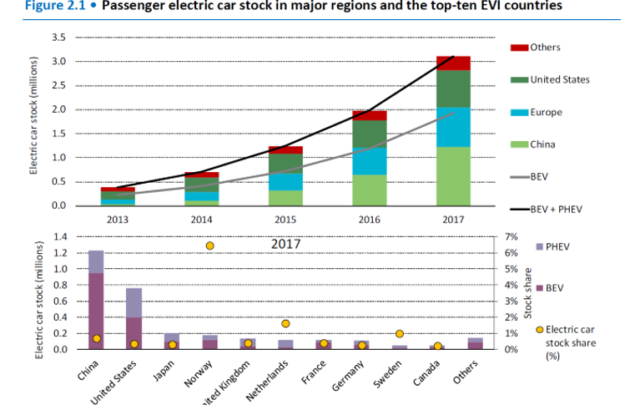Darrin Qualman is a long-term thinker, a civilizational critic, and an avid observer of the big picture.
He has spent much of the past six years researching and writing a forthcoming book on our global 21st century civilization. During that same time, Darrin also returned to university to obtain two additional degrees: a B.Sc in biology and a B.A. in history. He also has a B.A. in political science.







